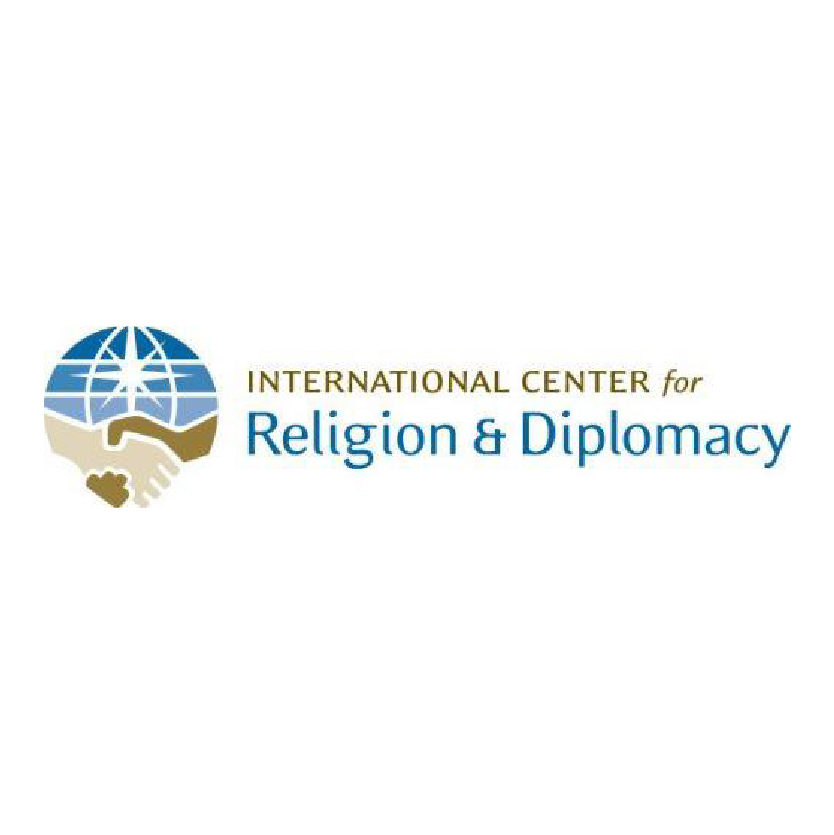ICRD works with religious leaders, governments and institutions to integrate the constructive role of faith leaders and institutions in the transformation of violent conflict. ICRD works in a range of contexts, where religion is a primary driver of conflict to where religion is an underutilized social resilience for resolving conflict. By linking faith-based reconciliation with official or unofficial diplomacy, ICRD seeks to: (1) decrease religion’s role as a driver of conflict; (2) increase the capacity religious peacemakers; (3) expand the role of religious clergy and laity in peacemaking; and (4) increase policy-makers’ awareness of the potential contributions of religious peacemakers. ICRD is not a religious organization.
A few emblematic program examples include:
- Enhancing the capacity of Madrasa religious schools in Pakistan by incorporating critical thinking skills, pedagogical training, and religious tolerance from a Muslim framework;
- Convening Interreligious councils in Sudan leading to the signing of the Comprehensive Peace Agreement in 2006, to enhance Muslim-Christian peacemaking collaboration;
- Building social contracts for peaceful coexistence (through Faith-Based Reconciliation) with tribal and religious leaders in Syria to mitigate violence related to the ongoing conflict;
- Developing local reconciliation frameworks with women leaders and Indigenous and Abrahamic religious leaders to support the reintegration of ex-combatants in Colombia; and
- An Interfaith Leadership Network of key religious leaders from the US and Pakistan to collaborate on improving the treatment of religious minorities in each country – including subsequent programs to counter Islamophobia in the US and Sectarian Violence in Pakistan.
To learn more, visit: www.icrd.org

